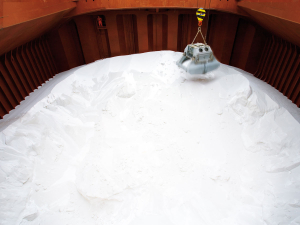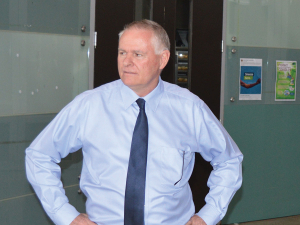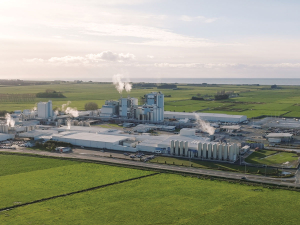Ballance came out last week, reducing the price of urea by $100/tonne to $795/t. It’s granular urea product SustaiN is $100/t cheaper, now priced at $844/t. Superphosphate drops $50/t to settle at $424/t.
Ravensdown has followed by dropping urea’s price by $100/t to $799/t. Superphosphate drops by $45/t to $429/t while Ravensdown’s coated urea product, N-Protect is now $100 cheaper and priced at $848/t.
Ballance sales manager Jason Minkhorst told Rural News that it was great to see prices start tracking to these levels.
“Driver is reduced demand globally on back of high prices and increased supply: watchout is global demand may bounce back and supply is still a risk. “However, we wanted to give our farmers confidence for spring accordingly we made some bold moves to help with on farm costs.”
Ravensdown chief customer officer Gary Bowick told farmers that while international commodity prices remain relatively volatile and some prices appear to be firming, they understand the need to meet the market and offer competitive prices for our customers.


















